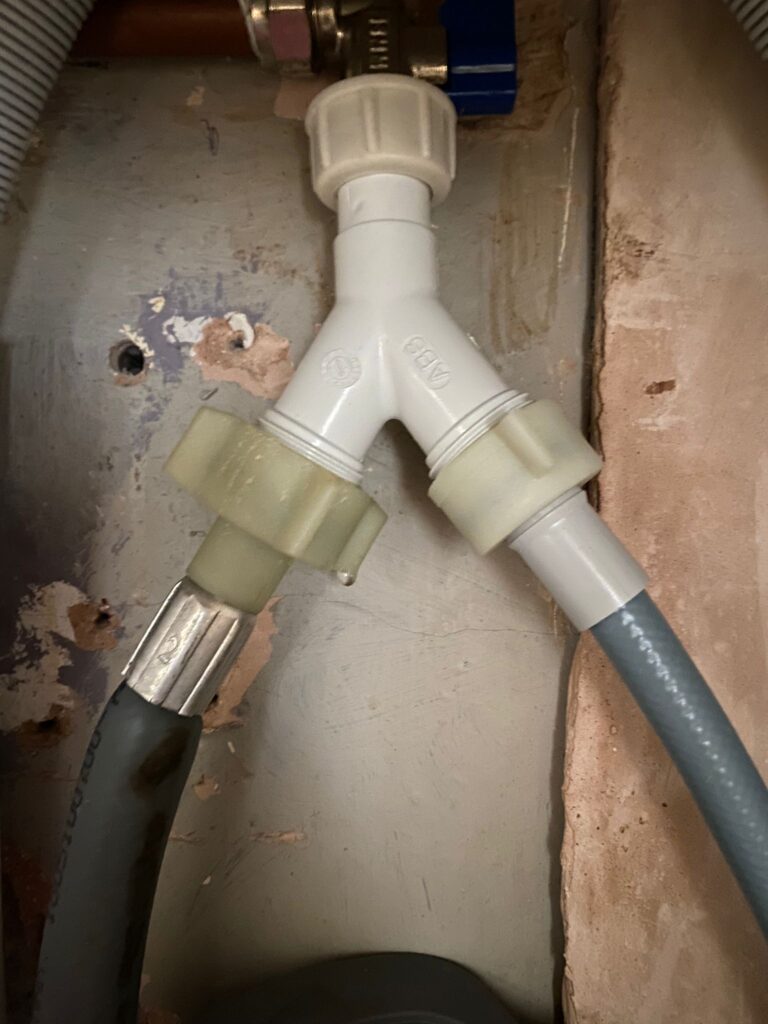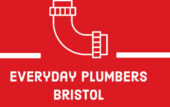Exploring the Mysterious Rattling Sound in Pipes
When it comes to household mysteries, few things are as perplexing as the sudden rattling sound in pipes. It’s not just an annoyance; it can also be a signal of underlying plumbing issues. In this comprehensive guide, we will delve into the various causes of this enigmatic noise and provide solutions to put your mind at ease.

Understanding the Anatomy of Your Plumbing System
Before we dive into the possible causes of rattling pipes, it’s crucial to have a basic understanding of your home’s plumbing system.
Pipes and Fittings
Your plumbing system consists of an intricate network of pipes and fittings responsible for carrying water throughout your home.
Water Pressure
Water pressure plays a significant role in the stability of your plumbing system. Excessive pressure can lead to vibrations and rattling.
Water Hammer
Water hammer is a phenomenon where sudden pressure changes within the pipes can cause them to vibrate and create noise.
Common Causes of Rattling Pipes
Now that we have a foundation, let’s explore some common culprits behind those unsettling rattling sounds.
Loose Pipes
Loose pipes are a primary suspect. When pipes are not adequately secured, the flow of water can cause them to rattle against nearby surfaces.
Water Pressure Spikes
Sudden spikes in water pressure, often due to water hammer, can result in pipes vibrating and creating noise.
Sediment Buildup
Over time, sediment and mineral deposits can accumulate in pipes, restricting water flow and leading to vibrations and noise.
Air Chambers
Air chambers are designed to absorb water hammer shocks, but when they become waterlogged, they lose their effectiveness, causing noise.
High Flow Rate Appliances
Certain appliances, like washing machines or dishwashers, can cause water to rush through the pipes at high speeds, leading to vibrations.
Troubleshooting and Solutions
Identifying the Issue
The first step in addressing rattling pipes is identifying the specific cause. This may require professional inspection by plumbers Bristol if the problem is not apparent.
Securing Loose Pipes
If loose pipes are the issue, securing them with pipe hangers or cushioning materials can eliminate the noise.
Water Pressure Regulation
Installing a water pressure regulator can help maintain stable pressure and prevent vibrations.
Flushing the System
Flushing your plumbing system to remove sediment buildup can restore normal water flow and reduce noise.
Air Chamber Maintenance
Checking and maintaining air chambers to ensure they are functioning correctly can resolve water hammer-related rattling.
Appliance Adjustments
Consider installing water hammer arrestors or adjusting appliance valves to reduce the impact of high flow rates.
The rattling sound in pipes is indeed a mystery, but armed with knowledge and the right solutions, you can put an end to this household enigma. By understanding your plumbing system, identifying the specific cause, and implementing appropriate fixes, you can enjoy a quieter and more peaceful home.
FAQs
Q1: Is rattling in pipes a serious problem?
Rattling in pipes can signal underlying issues, so it’s essential to address it promptly to prevent potential damage to your plumbing system.
Q2: Can I fix loose pipes myself?
Securing loose pipes is a DIY-friendly task that can often be done with pipe hangers or cushioning materials.
Q3: What is water hammer, and how can I prevent it?
Water hammer is the sudden pressure change in pipes. Installing water hammer arrestors or regulating water pressure can prevent it.
Q4: How often should I flush my plumbing system?
Regular flushing, at least once a year, can help prevent sediment buildup and maintain the efficiency of your plumbing.
Q5: Are rattling pipes covered by home insurance?
It depends on the cause. Some insurance policies may cover damage caused by rattling pipes if it’s deemed accidental or sudden. Check with your insurer for specifics.
The rattling sound in pipes may be perplexing, but it’s not an insurmountable problem. By understanding the potential causes and taking proactive steps, you can enjoy a quieter and more comfortable home environment.
